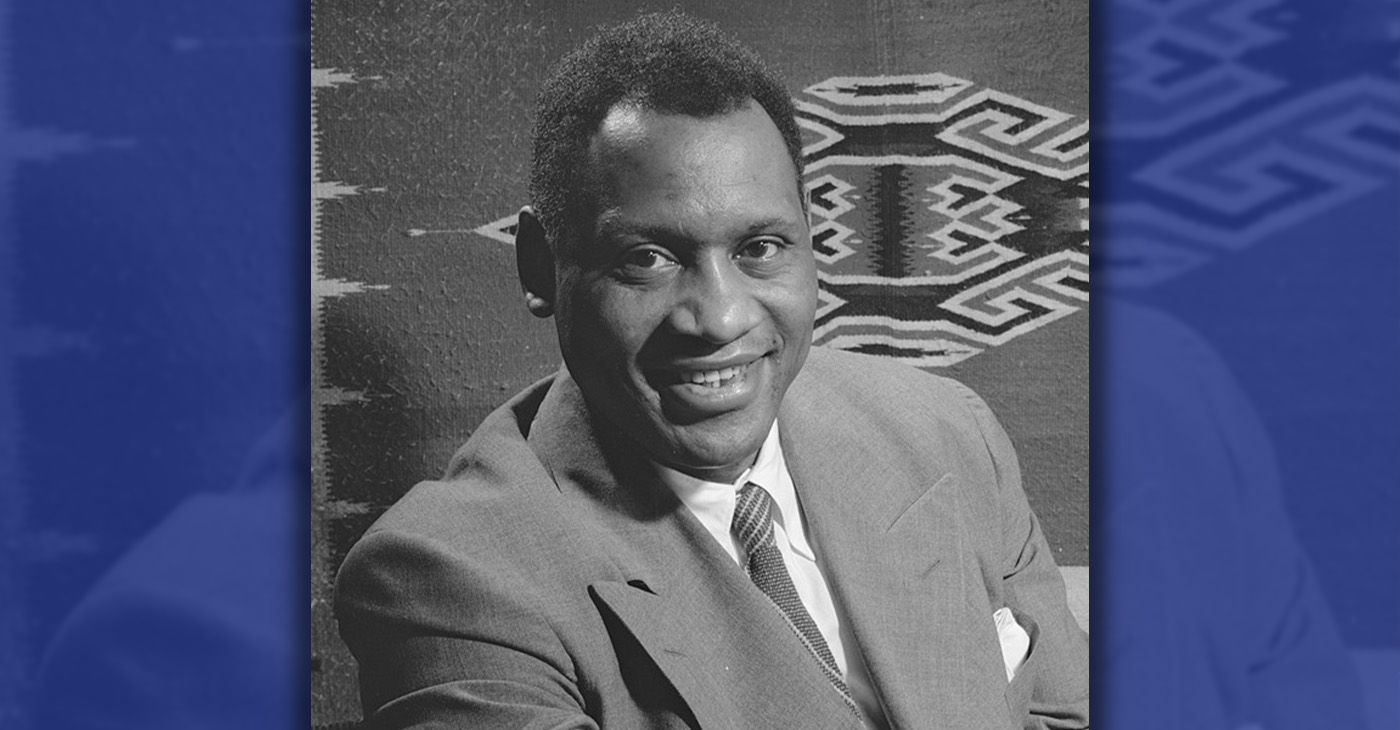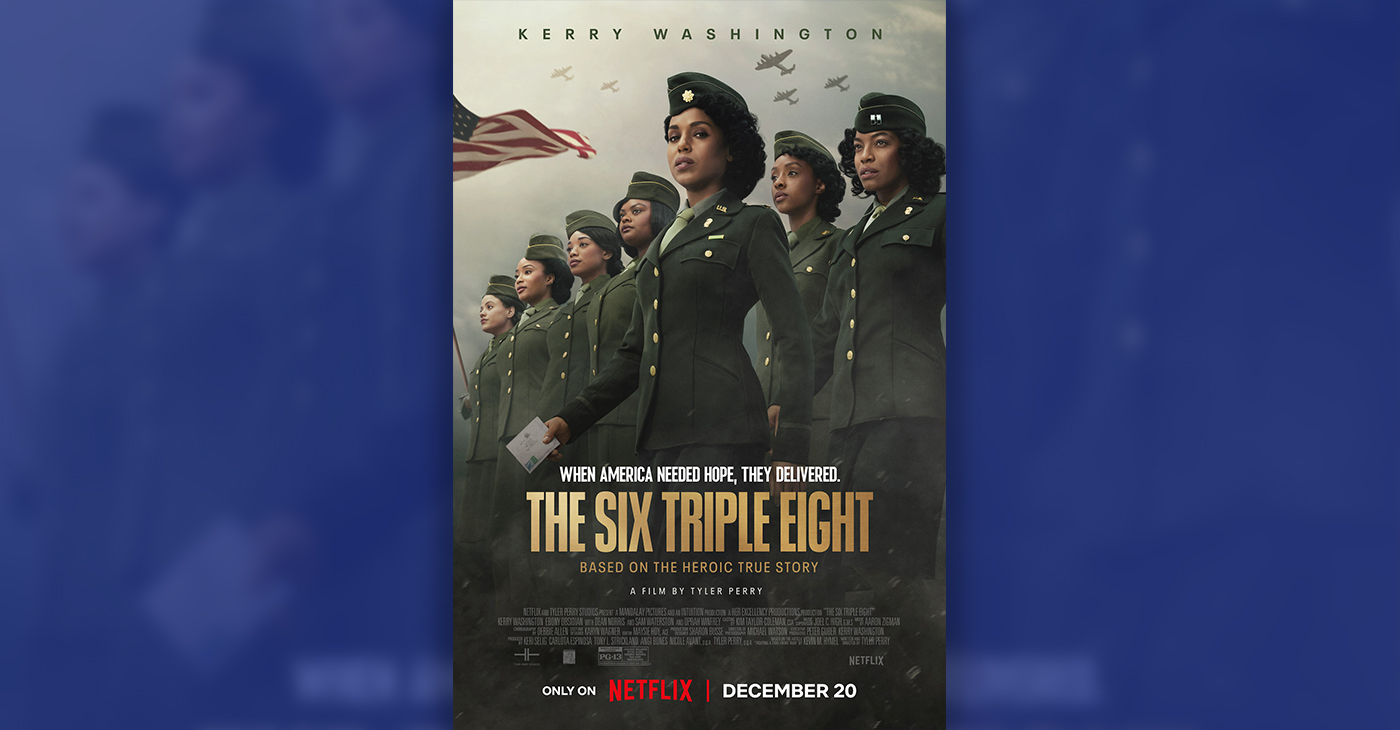Film
Actor Bill Duke and Filmmaker William Michael Barbee Attend Didi Hirsch’s 23rd Annual Erasing the Stigma Awards
LOS ANGELES SENTINEL — On Thursday, April 25th, Actor Bill Duke and Filmmaker William “Michael” Barbee attended the 23rd Annual Erasing the Stigma Leadership Awards at the Beverly Hilton Hotel. Actor Bill Duke, who starred in Barbee’s film “Beyond the Silence,” presented William “Michael” Barbee with the Erasing the Stigma Leadership Award for all he has done to erase the stigma of mental illness.
By Sentinel News Service
On Thursday, April 25th, Actor Bill Duke and Filmmaker William “Michael” Barbee attended the 23rd Annual Erasing the Stigma Leadership Awards at the Beverly Hilton Hotel.
Actor Bill Duke, who starred in Barbee’s film “Beyond the Silence,” presented William “Michael” Barbee with the Erasing the Stigma Leadership Award for all he has done to erase the stigma of mental illness.
William “Michael” Barbee is an entrepreneur, mental health advocate and producer/writer/director of “Beyond the Silence,” a movie about how people are often incarcerated instead of treated for mental illness. Michael, who credits treatment for his recovery from depression, post-traumatic stress disorder and a suicide attempt at age 20, is passionate about helping others with mental illness. He makes a point of hiring employees who live with mental illness and created a nonprofit arm of his transportation company to help people with mental illness get to their counseling appointments. He has written two books with mental health themes, serves on the Mental Health Association of Essex County Board of Directors and was honored at the 2013 Governor’s Council on Mental Health. Barbee’s film, “Beyond the Silence,” is set to premiere at the Cannes Film Festival in May 2019.
The Erasing the Stigma Leadership Awards is an annual fundraiser for Didi Hirsch Mental Health Services.
Didi Hirsch Mental Health Services is one of the nation’s leading providers of community mental health, substance use and suicide prevention services. Dedicated to serving communities where stigma or poverty limits access, the agency has been transforming lives for more than 75 years through its innovative and comprehensive approach to care. Today, Didi Hirsch helps over 120,000 adults and children annually from 10 locations and nearly 100 schools in Southern California.
Didi Hirsch’s 60-year-old Suicide Prevention Center – the first and most comprehensive in the United States—celebrated the grand opening of its new home in Century City in February 2019. The standalone building nearly doubles the number of people answering its 24/7 multilingual Crisis Line, a key member of the National Suicide Prevention Lifeline, and offers individual and family therapy for those who need more help than support groups can provide. Each year, the Center trains over 10,000 students, teachers faith-based groups, business people and first responders how to recognize and respond to warning signs. It is also developing certified training for mental health professionals to build a larger network of therapists who know how to aid people in a suicidal crisis. Learn more at www.didihirsch.org.
This article originally appeared in the Los Angeles Sentinel.
Arts and Culture
Paul Robeson: A Voice for the Ages, A Champion for Justice
Robeson first gained widespread recognition on stage and screen, delivering commanding performances that captivated audiences. Yet, it was his voice in concert halls that sealed his legacy. His repertoire was vast, spanning spirituals, classical compositions, global folk traditions, and songs of struggle — music that carried the weight of the oppressed and the hopes of the marginalized.

By Tamara Shiloh
Paul Robeson was born April 9, 1898, in Princeton, New Jersey. At 6’ 3”, he was a towering man of intellect, talent, and conviction. Before he became an international icon, he earned his law degree from Columbia University in 1923, supporting himself by teaching Latin and playing professional football on the weekends. But the law would not hold him for long. His voice had other plans.
Robeson first gained widespread recognition on stage and screen, delivering commanding performances that captivated audiences. Yet, it was his voice in concert halls that sealed his legacy. His repertoire was vast, spanning spirituals, classical compositions, global folk traditions, and songs of struggle — music that carried the weight of the oppressed and the hopes of the marginalized.
In 1921, he married Eslanda Goode, a fellow Columbia student and a journalist with her own remarkable intellect and ambition. Their marriage, which lasted over four decades, was a partnership in every sense. Goode became his manager, encouraging him to leave law behind and fully embrace his calling. In 1927, they welcomed their son, Paul Robeson Jr.
By the mid-1920s, Robeson was making waves in theater. He starred in All God’s Chillun Got Wings (1924) and The Emperor Jones (1925). That same year, he made his film debut in Body and Soul, directed by pioneering Black filmmaker Oscar Micheaux. In 1928, he mesmerized London audiences in Show Boat, where his rendition of Ol’ Man River transformed the song into a powerful anthem of resilience.
Robeson and his family moved to Europe in the late 1920s, and over the next decade, he built an impressive career in both film and music. He starred in Borderline (1930) and later again in the 1933 film adaptation of The Emperor Jones. Over the next few years, he appeared in six British films, including Jericho and Big Fella (both released in 1937). He also starred in the second screen adaptation of Show Boat (1936), alongside Hattie McDaniel and Irene Dunne. However, his final film, Tales of Manhattan (1942), left him deeply disillusioned. He openly criticized its degrading depiction of Black life, signaling his growing commitment to using his platform for activism.
In 1963, after years of political persecution and declining health, Robeson returned to the United States. Following Goode’s death in 1965, he lived quietly with his sister. On January 23, 1976, Robeson passed away from a stroke at the age of 77 in Philadelphia.
Arts and Culture
‘Giants Rising’ Film Screening in Marin City Library
A journey into the heart of America’s most iconic forests, “Giants Rising” tells the epic tale of the coast redwoods — the tallest and among the oldest living beings on Earth. Living links to the past, redwoods hold powers that may play a role in our future, including their ability to withstand fire and capture carbon, to offer clues about longevity, and to enhance our own well-being.

By Godfrey Lee
The film “Giants Rising” will be screened on Saturday, Jan. 11, from 3-6 p.m. at the St. Andrew Presbyterian Church, located 100 Donahue St. in Marin City.
A journey into the heart of America’s most iconic forests, “Giants Rising” tells the epic tale of the coast redwoods — the tallest and among the oldest living beings on Earth. Living links to the past, redwoods hold powers that may play a role in our future, including their ability to withstand fire and capture carbon, to offer clues about longevity, and to enhance our own well-being.
Through the voices of scientists, artists, Native communities, and others, we discover the many connections that sustain these forests and the promise of solutions that will help us all rise up to face the challenges that lay ahead.
The film’s website is www.giantsrising.com. The “Giants Rising” trailer is at https://player.vimeo.com/video/904153467. The registration link to the event is https://marinlibrary.bibliocommons.com/events/673de7abb41279410057889e
This event is sponsored by the Friends of the Marin City Library and hosted in conjunction with the Golden Gate National Recreation Area and St. Andrew Presbyterian Church.
All library events are free. For more information, contact Etienne Douglas at (415) 332-6158 or email etienne.douglas@marincounty.gov. For event-specific information, contact Zaira Sierra at zsierra@parksconservancy.org.
#NNPA BlackPress
FILM REVIEW: The Six Triple Eight: Tyler Perry Salutes WWII Black Women Soldiers
NNPA NEWSWIRE — The film features an all-star cast including Susan Sarandon as Eleanor Roosevelt, Sam Waterston as President Franklin Delano Roosevelt, Oprah Winfrey as Mary McLeod Bethune and Ebony Obsidian (Sistas, If Beale Street Could Talk)) who shows her acting chops by holding her own playing Lena, a bereaved private, opposite Washington.

By Nsenga K. Burton
NNPA Newswire Culture and Entertainment Editor
The Six Triple Eight tells the important yet often overlooked story of the 6888th Central Postal Directory Battalion, an all-Black, all-woman unit in World War II. The film chronicles the battalion’s efforts to clear a massive backlog of undelivered mail meant for U.S. troops, a task that was both vital and challenging. In a show-stopping speech atop a mountain of mail, Major Charity Adams, played fiercely by Kerry Washington, explains the importance of mail during wartime and its relationship to soldier morale. Adams, who is continuously denied promotions despite her impeccable professional performance, leads 855 Black women through 17 million pieces of mail in an abandoned, cold and drafty school rife with “vermin” to raise the morale of soldiers and bring closure to families who haven’t heard from loved ones in nearly a year.
The film features an all-star cast, including Susan Sarandon as Eleanor Roosevelt, Sam Waterston as President Franklin Delano Roosevelt, Oprah Winfrey as Mary McLeod Bethune, and Ebony Obsidian (Sistas, If Beale Street Could Talk), who shows her acting chops by holding her own playing Lena, a bereaved private, opposite Washington.
Lena is a highly sensitive and intelligent young woman who is distraught over the death of her Jewish “boyfriend,” Abram David (Gregg Sulkin), who is killed in the war. Instead of attending college, Lena enlists in the army to “fight Hitler.” En route to basic training in Georgia, Lena is joined with a group of women in the segregated battalion, all of whom are running away from a traumatic past and running towards a brighter future. What emerges is a strong sisterhood that bonds the women, whether in their barracks or crossing the big pond, which is one of the highlights of the film.
The Six Triple Eight has all of the tropes of a film set during the 1940s, including de facto segregation here and abroad, the mistreatment of Black women in and out of the service by any and everybody, aggressive white men using the N-word with the hard “R,” and older Black women whose hearts are free, but minds are shackled to fear that living in segregation and being subjected to impromptu violence, ridicule, jail or scorn brings to bear.
While the film elevates the untold story of the dynamic, pioneering, and committed Black servicewomen of the Six Triple Eight, the narrative falls prey to Perry’s signature style — heavy-handed dialogue, uneven performances and a redundant script that keeps beating viewers over the head with what many already know as opposed to what we need to know. For example, a short montage of the women working with the mail is usurped by abusive treatment from white, male leaders. A film like this would benefit more from seeing and understanding the dynamism, intelligence and dedication it took for these women to develop and implement a strategy to get this volume of mail to the soldiers and their families.
In another scene, the 6888 soldiers yell out their prior professions, which would prove helpful to keeping their assignment when they come under attack again from the white military men. Visually seeing the Black women demonstrate their talents would be far more satisfying than hearing them ticked off like a grocery list, which undermines the significance of their work and preparation for war as Black women during this harrowing time in history. The lack of emphasis on their skills and capabilities diminishes the overall impact of their story, leaving viewers wanting more depth and insight into their achievements.
While the film highlights the struggles these women faced against institutional racism and sexism, it ultimately falls short in delivering a nuanced portrayal of their significant contributions to the war effort. This is a must-see film because of the subject matter and strong performances by Washington and Obsidian, but the story’s execution makes it difficult to get through.
Tyler Perry is beloved as a filmmaker because he sometimes makes films that people need to see at a particular moment in time (For Colored Girls), resuscitates or helps to keep the careers of super accomplished actors alive (Debi Morgan, Alfre Woodward, Cicely Tyson) and gives young, talented actors like Obsidian, Taylor Polidore Williams (Beauty in Black, Snowfall, All-American HBCU) and Crystal Renee Hayslett (Zatima) a chance to play a lead role when mainstream Hollywood is taking too long. One thing Perry hasn’t done is extend that generosity of spirit to the same extent to the writing and directing categories. Debbie Allen choreographed the march scene for Six Triple Eight. What might this film have been had she directed the film?
This much-anticipated film is a love letter to Black servicewomen and a movie that audiences need to see now that would benefit immensely from stronger writing and direction. Six Triple Eight is a commendable effort to elevate an untold story, but it ultimately leaves viewers craving a more nuanced exploration of the remarkable women at its center.
Six Triple Eight is now playing on Netflix.
This review was written by media critic Nsenga K. Burton, Ph.D., editor-at-large for NNPA/Black Press USA and editor-in-chief of The Burton Wire. Follow her on IG @TheBurtonWire.
-

 Activism4 weeks ago
Activism4 weeks agoOakland Post Endorses Barbara Lee
-

 Activism3 weeks ago
Activism3 weeks agoOakland Post: Week of April 2 – 8, 2025
-

 #NNPA BlackPress3 weeks ago
#NNPA BlackPress3 weeks agoTrump Profits, Black America Pays the Price
-

 Activism2 weeks ago
Activism2 weeks agoOakland Post: Week of April 9 – 15, 2025
-

 #NNPA BlackPress3 weeks ago
#NNPA BlackPress3 weeks agoHarriet Tubman Scrubbed; DEI Dismantled
-

 #NNPA BlackPress3 weeks ago
#NNPA BlackPress3 weeks agoTrump Targets a Slavery Removal from the National Museum of African-American History and Culture
-

 #NNPA BlackPress3 weeks ago
#NNPA BlackPress3 weeks agoLawmakers Greenlight Reparations Study for Descendants of Enslaved Marylanders
-

 #NNPA BlackPress3 weeks ago
#NNPA BlackPress3 weeks agoNew York Stands Firm Against Trump Administration’s Order to Abandon Diversity in Schools






















































1 Comment